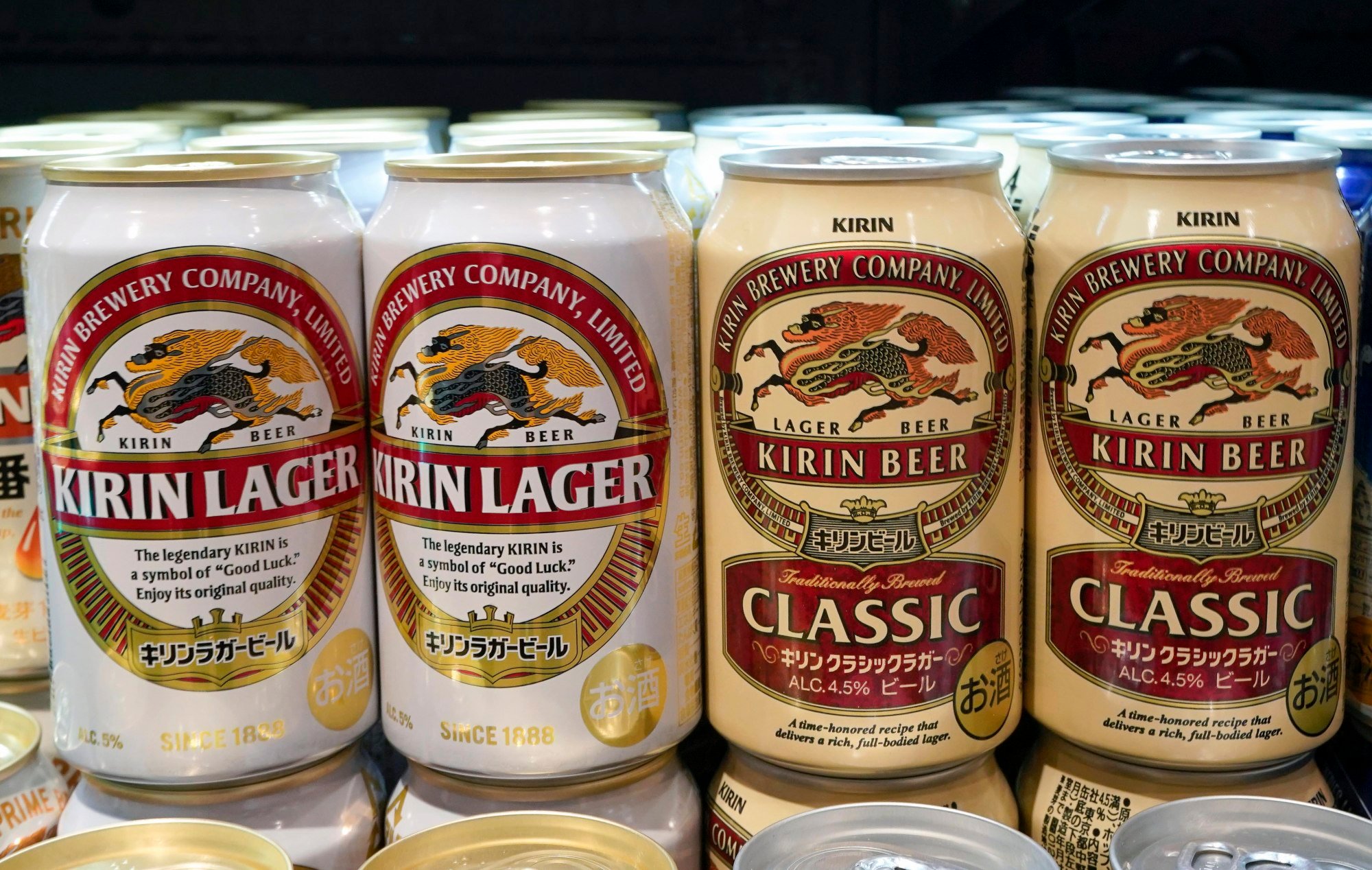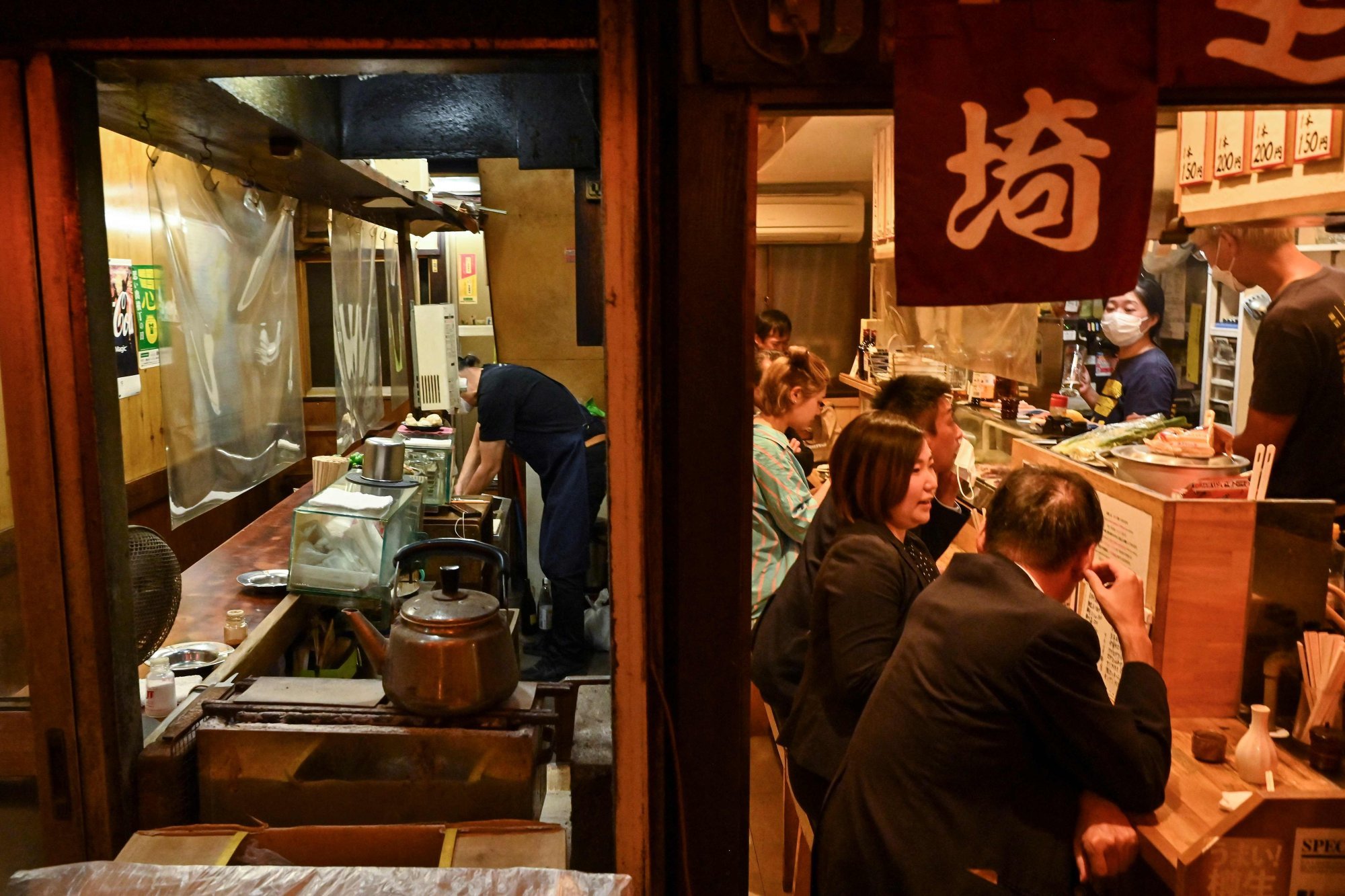Japan makes frothy comeback to top South Korean beer imports in 5 years as boycott fades
“Asahi Super Dry is supported by South Korean consumers as a high-quality, premium beer, and it was the most popular brand in the South Korean imported beer market for eight consecutive years between 2011 and 2018,” said Yoshiie Horii, senior manager of public relations for Asahi Group Holdings Ltd.
Korean consumers have also taken to the Asahi Super Nama Jokki Can, a 340-ml can that has been engineered to produce a fine foam when it is opened, giving it the taste of a draught beer poured in a bar, according to Horii.

Kirin had seen a similar recovery in its beer sales in South Korea, said Russell Roll, a spokesman for Kirin Holdings, who pointed out that exports of its mainstay Kirin Ichiban product were up 245 per cent in 2023 compared to the previous year. Last year’s figures are also up a remarkable 1,286 per cent from a low caused by the boycott in 2020.
“We have been promoting our beer at the same price as other imported beers, not to mention the high quality, so we think we have created a situation where Korean customers can easily pick up our beer,” Roll said.
Like other Japanese brands, Kirin beers were pulled from the shelves of convenience stores across South Korea during the boycott, but now that they are being stocked once more, sales have bounced back, he added.

That led many Korean consumers to turn their noses up at Tsingtao and other Chinese beers, despite protestations from the brewer that the incident took place at a plant producing drinks for the domestic Chinese market and that the tainted batch was never released to the public.
The renewed popularity of Japanese beer in Korea has been a blessing for brewers dealing with stagnating local demand. Japan’s per capita consumption of beer in 2022 stood at 34.2 litres, a slight increase on the previous year, but a figure that saw the country fall from eighth largest per capita consumer of beer in 2021 to 10th place the following year.

Beer firms say a shrinking population, an increasing number of elderly people and a wider variety of alcoholic beverages in the market are to blame for falling consumption, along with greater health awareness. Domestic consumption peaked in the mid-1990s, forcing manufacturers to seek out new markets.
“Our focus for growth opportunities in the global beer market is to expand our core beer brands, particularly Asahi Super Dry, in cities around the world where there is potential to develop them as premium beers,” Horii said.
Equally, the Kirin Ichiban brand is currently available in 40 countries and regions, according to Roll, and the company intends to focus on “young people who are interested in Japan” for further expansion in the East Asian and North American markets.


 Offers free spin
Offers free spin